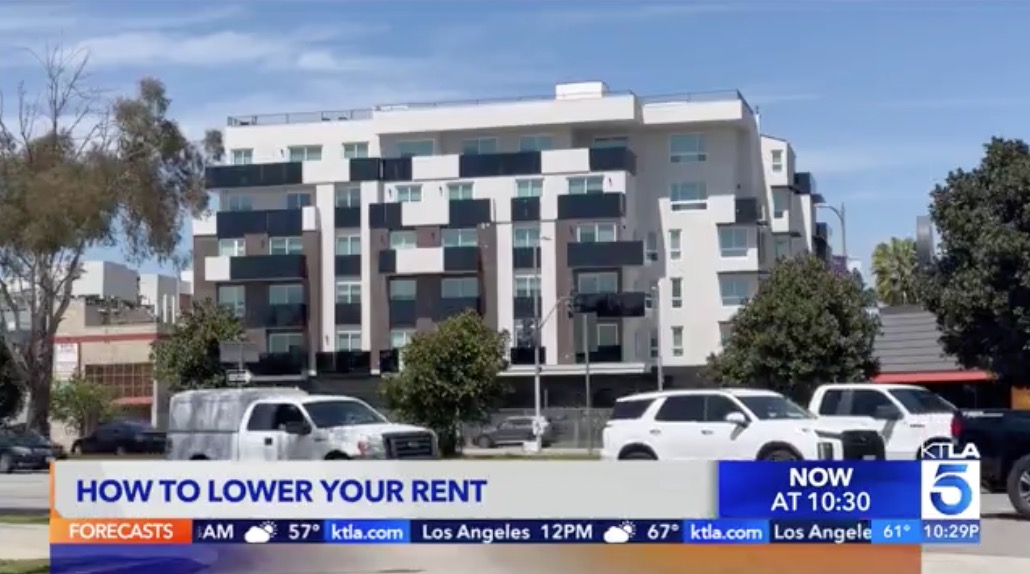Disclosure: Some of the links below are affiliate links, meaning at no additional cost to you, Dwellsy will earn a small commission if you click through and make a purchase.
When you rent, whether it’s a house or an apartment, you are required to pay a ‘security deposit.’
Almost every rental agreement includes a deposit that is refundable and is a one-time payment.
All landlords collect the security deposit from the tenants along with the first month’s rent and hold on to it till the time when their rental agreement comes to an end. The main purpose behind this deposit is to provide insurance to landlords in case a tenant causes serious damage to their property.
However, there’s more to it than just that. There are a few important details about security deposits that every renter should know well. We’ve rounded up the main ins and outs of rental agreement security deposits that you ought to know about the next time you set out to find a nice place to rent for yourself.

What Does the Security Deposit Cover?
The security deposit covers a number of things during the entire period of a tenant’s stay at the rental property. These include:
Property damage – This is one of the most common of all factors that landlords use the deposit for. However, for landlords to use it, damage caused by tenants must be beyond normal wear and tear. This deposit is typically utilized for serious damages like large carpet burns and holes in walls. In some cases, it may be a good idea to get renters insurance to help protect against certain tenant-caused damage.
Missed rent payments – Often times, tenants fail to pay their rent on time and end up missing the payment deadline. If it happens very frequently, the landlord can use the deposit to make up for the missed rent payment.
Furthermore, if you owe your landlord any amount of money at the time of vacating their property, they are likely to pull it from your security deposit.
Loss of house keys – If a renter somehow misplaces or loses the key to the rental property, the landlord can deduct some money from their rental deposit to pay for key replacements.
Cleanliness and hygiene – If you leave the apartment in a very dirty condition with uncleaned floors, stove, and refrigerator, you will face a deduction in your security deposit as your landlord will use that money to get professional cleaning services done in the rental space.
How Much Is the Security Deposit?
There’s no fixed or set rate for rental security deposits, however, some states and local laws to impose a restriction in terms of the amount that a landlord can charge from their tenants as a security deposit.
In most cases, the security deposit amount that landlords charge from the renter is somewhere between 1-3 months’ rent.
For instance, in California, the security deposit cannot be more than three months’ worth of rent for a fully furnished rental property. In New York however, it can only be up to one month’s rent, regardless of the circumstances.
Laws Pertaining to Security or Rental Deposits
Other than restrictions on the amount of the security deposit, there are a few other laws pertaining to it as well.
Refunding the Security Deposit
As mentioned above, the security deposit is a one-time, refundable amount that landlords return to their tenants when their rental agreement nears its end. Once renters vacate and move out of the property, landlords then evaluate whether or not to refund their deposit.
The landlord will first thoroughly inspect the rental space to look for any possible signs of damage or wear and tear. Once the inspection is complete from their end, the landlord should immediately return the money to the renter. The refund must be made within a specific time frame that varies from state to state.
All renters should know that if your landlord fails to return the money within the mentioned time duration, you can sue them.
Security Deposit Deductions
Most laws state that landlords can deduct money from the tenants’ security deposit. This only happens if the latter breaks the lease in any way or owes the landlord unpaid rent from before.
However, the law also requires landlords to provide reasons to the tenants for any deductions made. In many states, they must also provide the tenant with a notice of deductions before they actually get to it.
Lastly, landlords should always return the remaining amount of money back to the tenant, given that the deductions don’t meet the total amount of the deposit.
Frequently Asked Questions
When can I expect my security deposit back?
This mainly varies from state to state, so it depends where you live. However, the law mandates that landlords return the security deposit back to the tenant within 60 days of them vacating the property. You can take legal action if your landlord doesn’t return within the time frame.
What happens to my deposit once I pay it?
Once you pay the security back to your landlord, they usually keep it safe in a bank account so that it doesn’t get lost. It remains in the account unless the landlord has to make a deduction or the time comes for them to return it back to you.
Am I to pay the first month’s rent plus the security deposit at the same time?
Mostly yes, but it’s also up to your landlord. They may ask you to pay both your first month’s rent and your security deposit at the same time. This ensures that you can pay rent every month and makes sure tenants are locked in to their rental agreement.
Final Takeaway
If you happen to be renting a new place, it is ideal that you consider the information above. You should also make sure your landlord follows all the rules about security deposits according to your state laws.
In case you haven’t been able to find a nice place according to your requirements, check what’s available at Dwellsy!
Check out these additional renter tips as well.








